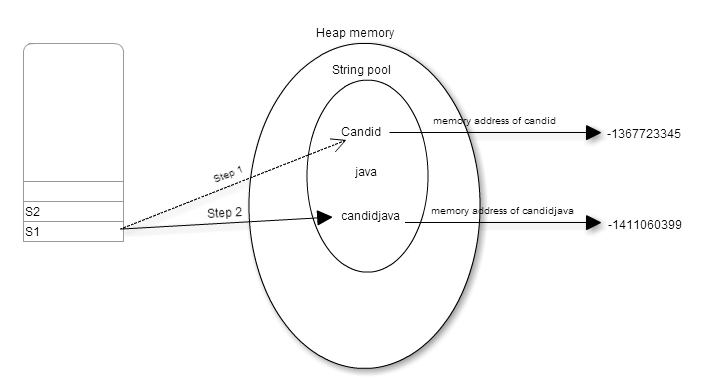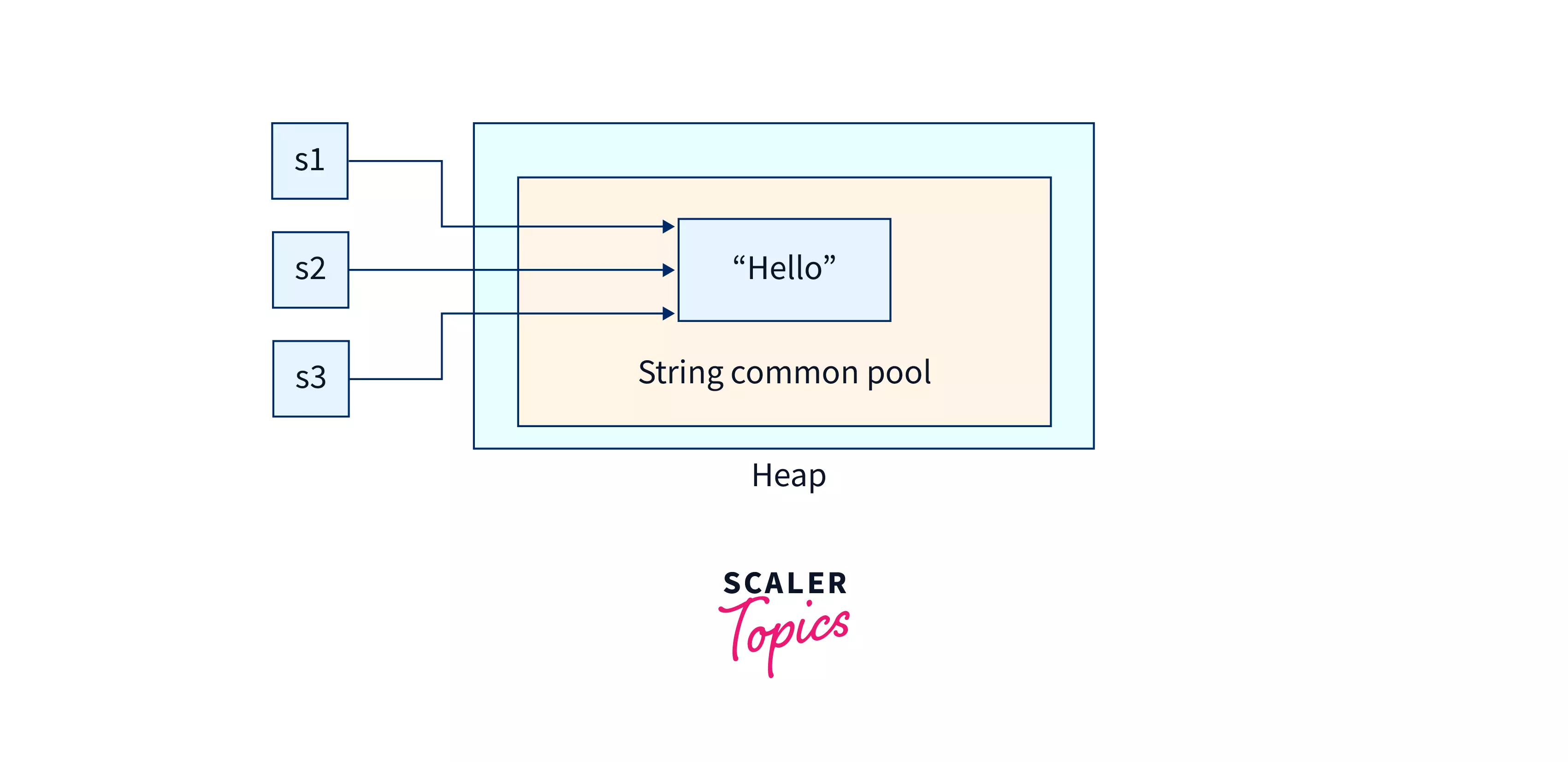Exploring the Benefits of Immutable Strings in Modern Programs Paradigms
In the realm of modern-day programming standards, the principle of unalterable strings stands as a foundation of durable software development. The benefits they supply surpass plain convenience; they fundamentally alter the way data is handled within applications. By taking on unalterable strings, programmers can guarantee enhanced information stability, improved string safety and security, simplified debugging procedures, raised safety procedures, and efficient efficiency optimization. These benefits offer as a testament to the extensive impact that accepting immutability can have on the reliability and efficiency of software application systems.
Boosted Data Integrity

By protecting against the alteration of string things, immutability removes the threat of unintended adjustments to the information they hold. This not only boosts the safety and security of the information but likewise boosts the reliability of the code that relies upon these strings.
Immutability also supports more secure multithreading settings, as concurrent accessibility to unalterable strings does not present the danger of information corruption with simultaneous alterations. This property simplifies the procedure of managing strings in parallel shows situations.
In essence, immutability functions as a safety guard around the data kept within strings, enhancing their integrity by ensuring that when specified, their values remain the same throughout the program's implementation.

Enhanced Thread Security
Immutable strings boost the string safety and security of programs by making sure that as soon as a string item is developed, its worth can not be modified. This residential property eliminates the threat of simultaneous threads trying to customize the same string concurrently, which can lead to data corruption or inconsistent states in the program - Why are strings immutable in Java?. In a multi-threaded atmosphere, where numerous threads gain access to and control data concurrently, the immutability of strings supplies a level of security by ensuring that the data remains unchanged throughout its lifecycle
Streamlined Debugging Processes
Offered the enhanced string security promoted by immutable strings, a substantial advantage occurs in the realm of simplified debugging procedures. Unalterable strings, once produced, can not be altered, making it easier to map the flow of information and determine the resource of bugs in a program. This immutability makes sure that strings continue to be consistent throughout the implementation of the program, minimizing the likelihood of unanticipated changes that can result in errors.
When dig this debugging with mutable strings, programmers usually run into issues where a string's value is modified unintentionally, making it testing to identify the origin of a bug. Nevertheless, with immutable strings, the information remains unchanged, enabling designers to concentrate on examining the real logic of the code as opposed to locating where and when a string was modified inaccurately.
In addition, immutable strings simplify the debugging process by making it possible for easier recreation of bugs. Since immutable strings do not alter state, programmers can recreate and study bugs much more efficiently, leading to quicker recognition and resolution of concerns within the codebase. This streamlined debugging workflow inevitably adds to greater software application high quality and improved general development performance.

Raised Protection Procedures
Enhancing data defense and fortifying system integrity, the use of unalterable strings in software applications contributes substantially to enhanced safety and security steps. Immutable strings additionally play a crucial duty in avoiding common security vulnerabilities such as buffer overflows and SQL injection assaults, as efforts to adjust string data at runtime are inherently limited.
Furthermore, the immutability of strings improves the predictability of program habits, making it much easier to confirm inputs and stop unexpected changes that could jeopardize security. This predictability streamlines the process of auditing and confirming code, enabling programmers to recognize potential safety and security technicalities more properly. Overall, integrating unalterable strings into software growth practices not just boosts the toughness look at these guys and integrity of applications but also reinforces their resilience against protection risks.
Reliable Performance Optimization
When dealing with mutable strings, procedures like concatenation or substring creation often result in the creation of brand-new string things, leading to memory expenses and increased handling time. By permitting strings to remain consistent and stable, unalterable strings help with far better memory administration and caching chances, inevitably enhancing the general efficiency of the software program.
Unalterable strings also play a vital role in multithreaded settings by advertising thread safety and security. Why are strings immutable in Java?. Because immutable strings click here now can not be customized as soon as developed, they can be shared across threads without the risk of unanticipated changes, minimizing the requirement for synchronization systems and enhancing concurrency. Additionally, immutable strings simplify debugging processes as designers can rely on that a string's worth will certainly continue to be constant throughout the program's implementation, eliminating prospective errors triggered by mutable state modifications. Finally, making use of immutable strings not only boosts security yet also substantially adds to the effective efficiency optimization of modern software program systems.
Final Thought
Finally, the advantages of utilizing immutable strings in modern programs standards can not be overstated. Improved data honesty, boosted thread security, simplified debugging procedures, raised security actions, and reliable efficiency optimization all add to the total efficiency of shows jobs. By incorporating unalterable strings into programs methods, programmers can gain from a more robust and trustworthy codebase.
Immutability, a vital feature of strings in programming languages such as Java and Python, ensures that as soon as a string object is created, it can not be altered or changed.Immutable strings improve the string security of programs by guaranteeing that as soon as a string object is created, its worth can not be changed. Unalterable strings also play an essential duty in preventing common protection vulnerabilities such as buffer overflows and SQL shot assaults, as efforts to control string information at runtime are inherently limited.
By allowing strings to continue to be consistent and unchangeable, unalterable strings facilitate better memory management and caching possibilities, ultimately increasing the overall efficiency of the software.
Unalterable strings streamline debugging processes as designers can rely on that a string's value will remain constant throughout the program's execution, eliminating prospective errors triggered by mutable state adjustments.